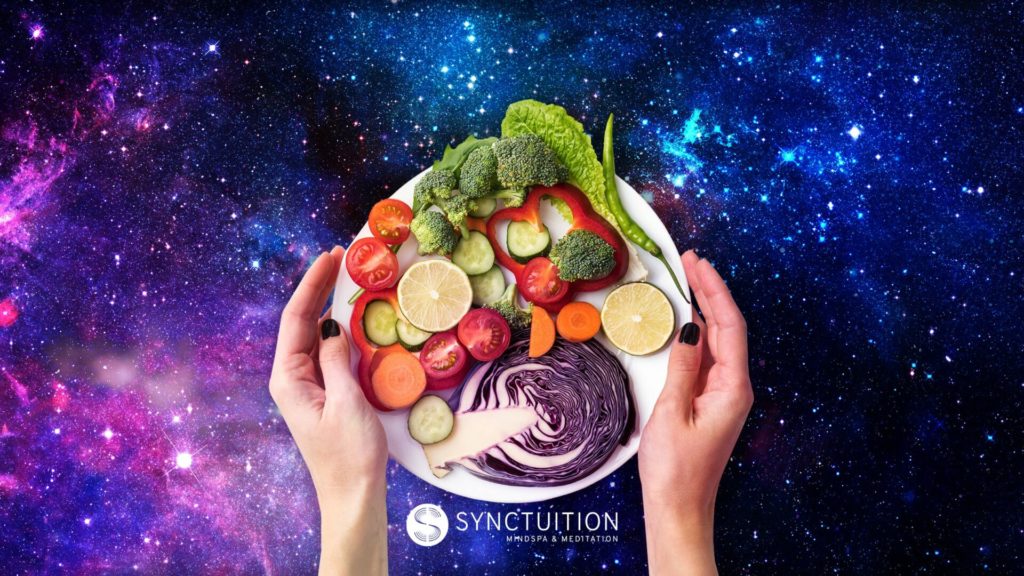
Healthcare In a world where first impressions matter and personal well-being is the cornerstone of a fulfilling life, finding unique ways to elevate your appearance and mental health can be transformative. It’s more than just following trends; it’s about embracing a holistic approach that includes physical vitality and inner peace. This article will take you on an inspiring journey through innovative strategies that not only rejuvenate your body but also nurture your spirit.
Boost Your Vitality with Fitness and Nutrition
To truly enhance your energy levels and overall well-being, integrating a well-rounded fitness regimen with a nutritious diet is key. Incorporating high-intensity functional training with strategic nutritional choices can boost your metabolism and improve your cardiometabolic health. Understanding the importance of meal timing and food quality can also aid in better recovery and sustained energy levels throughout the day.
Find Peace through Mindfulness Meditation
Incorporating mindfulness meditation into your daily routine can significantly help manage stress and anxiety, common hurdles in achieving both physical and mental well-being. Even a short duration of mindfulness practice can alleviate anxiety symptoms and improve your overall sense of well-being. For those new to mindfulness, numerous resources and guided practices are available to help you experience its calming effects firsthand. By making meditation a habit, you’re taking a proactive step toward a healthier and more peaceful life.
Refresh Your Body with Hydrating Foods
Incorporating hydrating foods like fruits and vegetables into your diet is a versatile strategy for enhancing both your appearance and overall health. Foods like watermelon and cucumbers, with their high water content, offer a delicious way to boost hydration without relying solely on beverages. Not only do these foods help maintain fluid balance, but they also provide vital nutrients and fiber, supporting your body’s functionality and well-being. By consciously choosing water-rich foods, you can effectively promote a well-hydrated body, ensuring you look and feel your best.
Keep Health Records Organized
Keeping your medical documents organized is essential for quick access and efficient management of your health information. Start by dividing your paperwork into categories like medical history, bills, and insurance forms. Digitizing your records not only streamlines your storage but also protects them from physical damage. Saving documents as PDFs preserves the formatting, ensures compatibility across devices, and provides a secure, easily shareable file that cannot be easily altered. You can utilize an online PDF creator to create PDF files.
Try Sustainable Fashions
Embracing sustainable fashion not only elevates your style but also contributes positively to your overall well-being. By choosing garments crafted from innovative and eco-friendly materials, you support practices that reduce environmental impact. These materials, often free from harmful chemicals, ensure comfort and ease, which can significantly influence your mental state, helping you feel more at ease and confident throughout your day.
Boost Career Prospects Through Higher Education
Earning a degree can significantly boost your career prospects by equipping you with specialized knowledge, critical thinking skills, and qualifications that make you more competitive in the job market. A degree can also open doors to higher-paying roles and leadership positions while expanding your professional network. The flexibility of earning an online degree allows you to continue working while advancing your education. For example, earning a master’s in data science can help you develop skills in data science, theory, and application, enhancing your value in various industries.
Develop a Skincare Routine
Establishing a skincare routine that aligns with your specific skin type is crucial for achieving the healthy complexion you desire. By integrating practices such as daily cleansing, moisturizing, and applying sunscreen, you allow your products to work more effectively over time. This not only addresses common issues like acne or premature aging but also fosters a habit of self-care that enhances your overall well-being. Incorporating natural ingredients and maintaining a consistent routine can transform your skin’s health, leading to radiant, glowing skin that reflects your commitment to personal wellness.
Focus on Core-Strengthening Exercises
Focusing on exercises such as planks and various yoga poses can significantly enhance your core strength, which is crucial for maintaining proper posture. A reliable core acts as a foundation for your body, helping to relieve tension in your neck and shoulders by ensuring your spine remains in alignment. This alignment not only helps reduce back pain but also increases your awareness of how you position your body.
Ultimately, the art of enhancing your look and well-being is about crafting a lifestyle that celebrates individuality and nourishes both body and soul. By weaving together these diverse yet interconnected strategies, you empower yourself to create a life rich in vitality, confidence, and balance. Each step, from the mindful selection of fashion to the purposeful pursuit of personal goals, writes a unique chapter in your journey toward self-renewal. Embrace these insights as your compass, guiding you to a future where you shine with authenticity and thrive in all aspects of life.
Discover expert insights and empowering stories at Patient Talk and join a community dedicated to transforming experiences!




